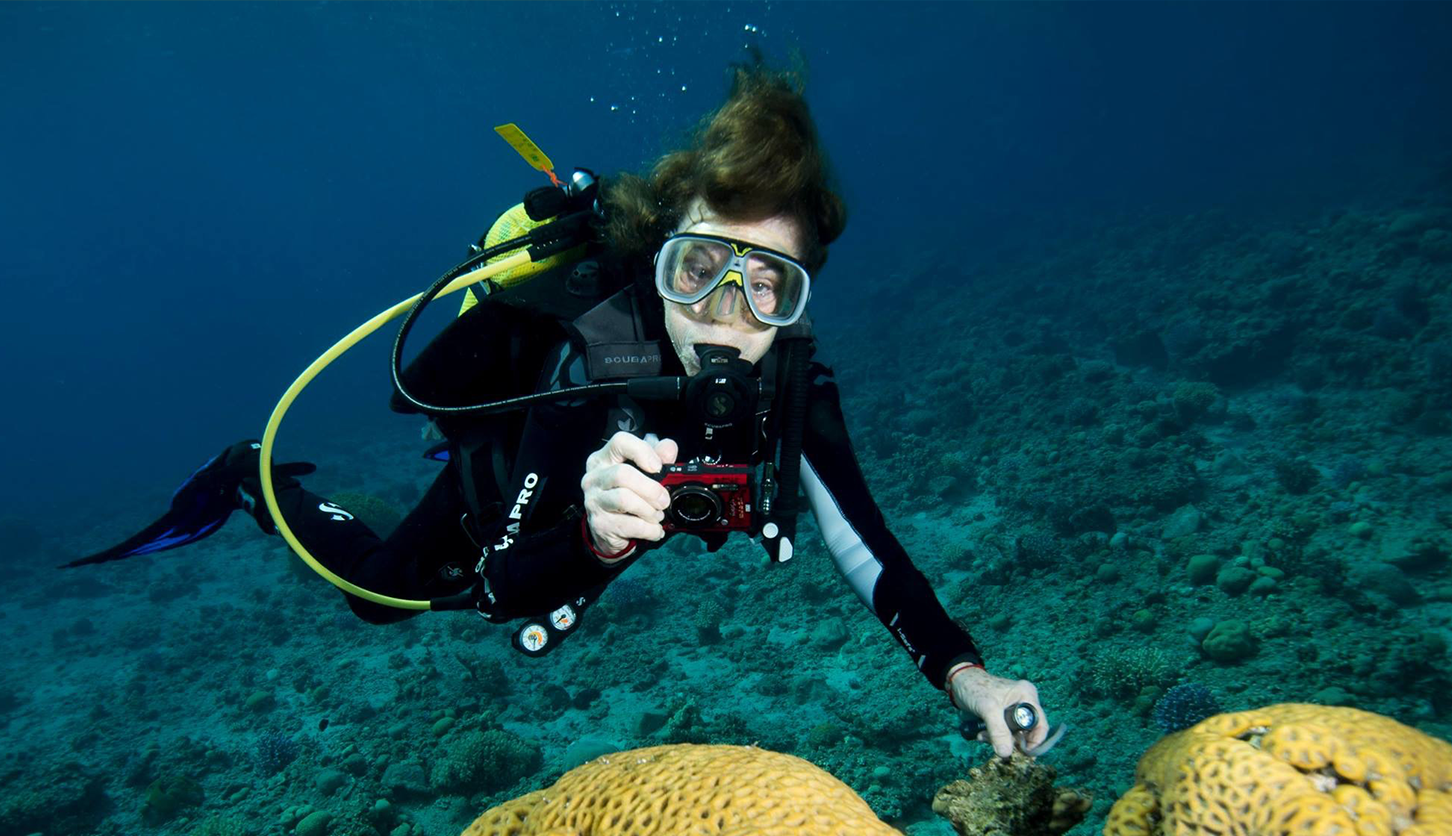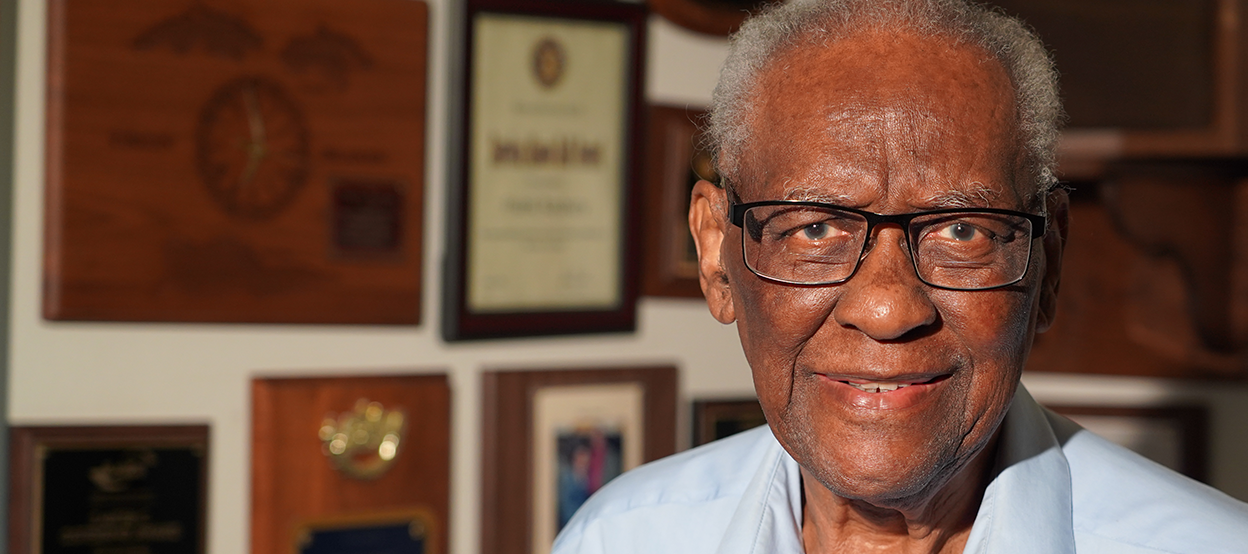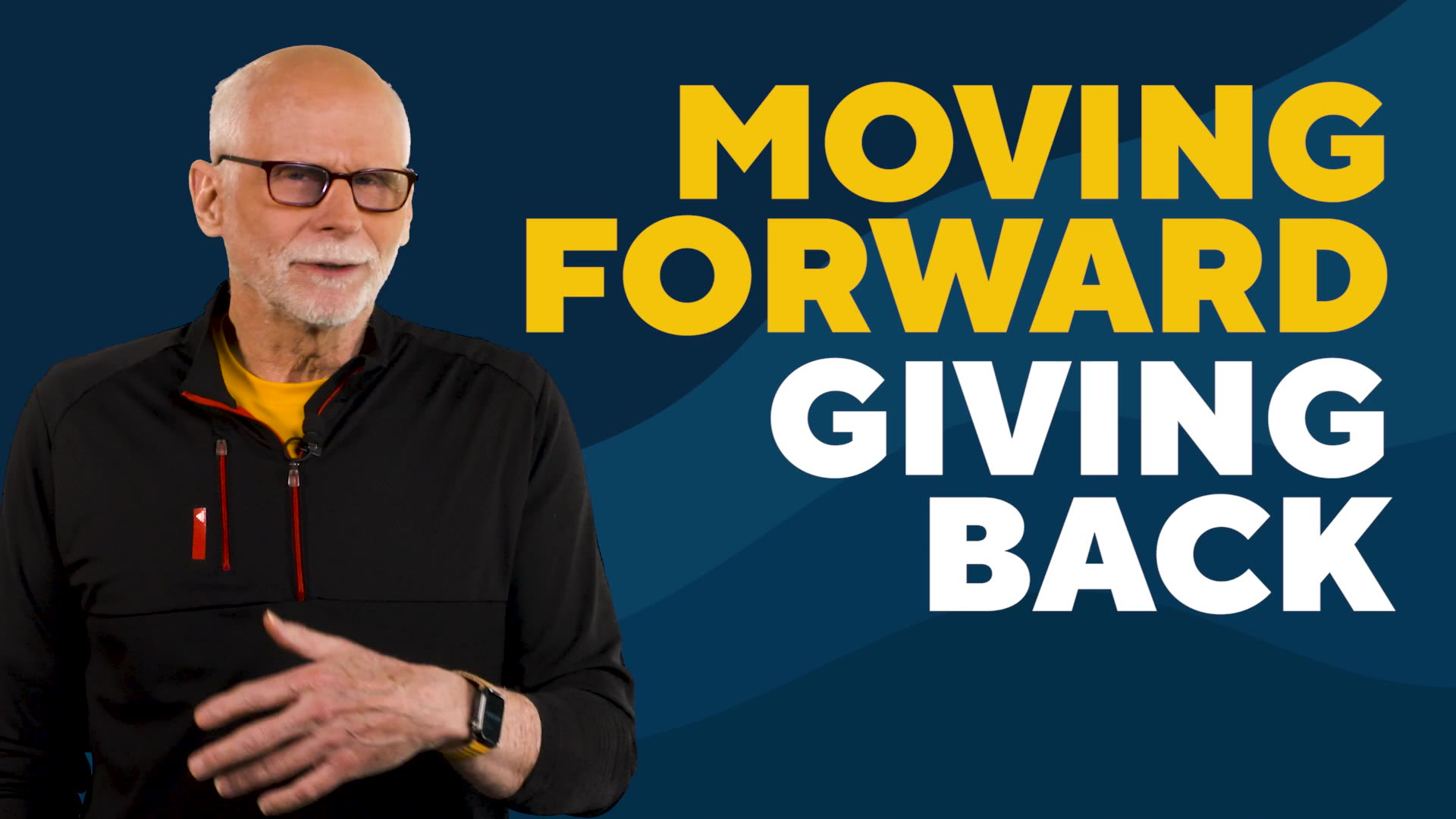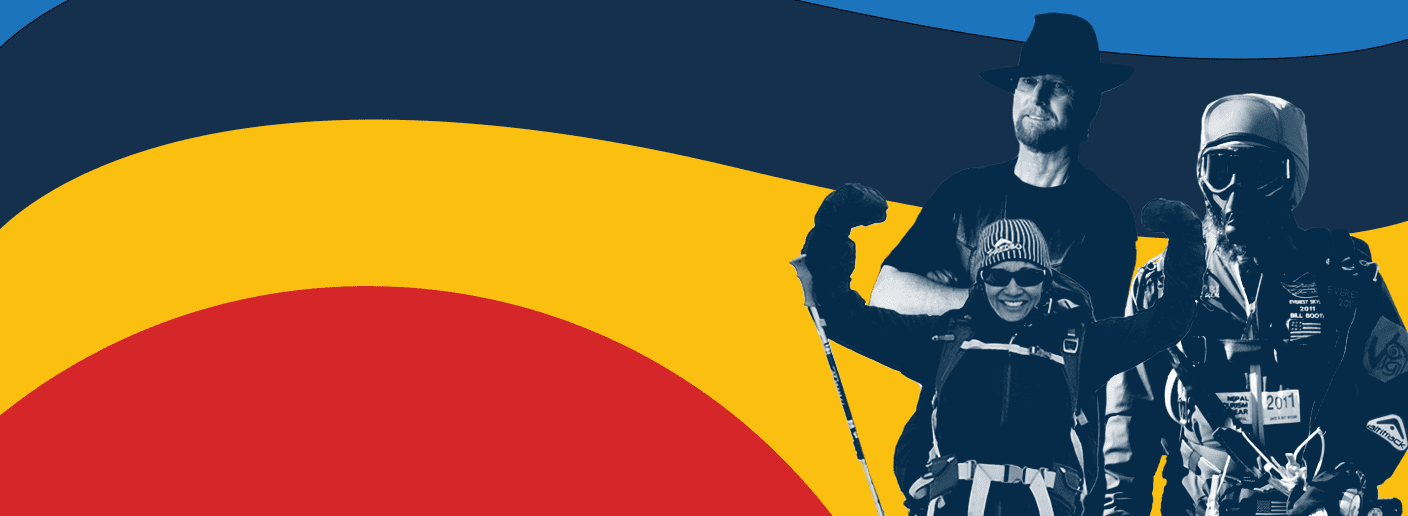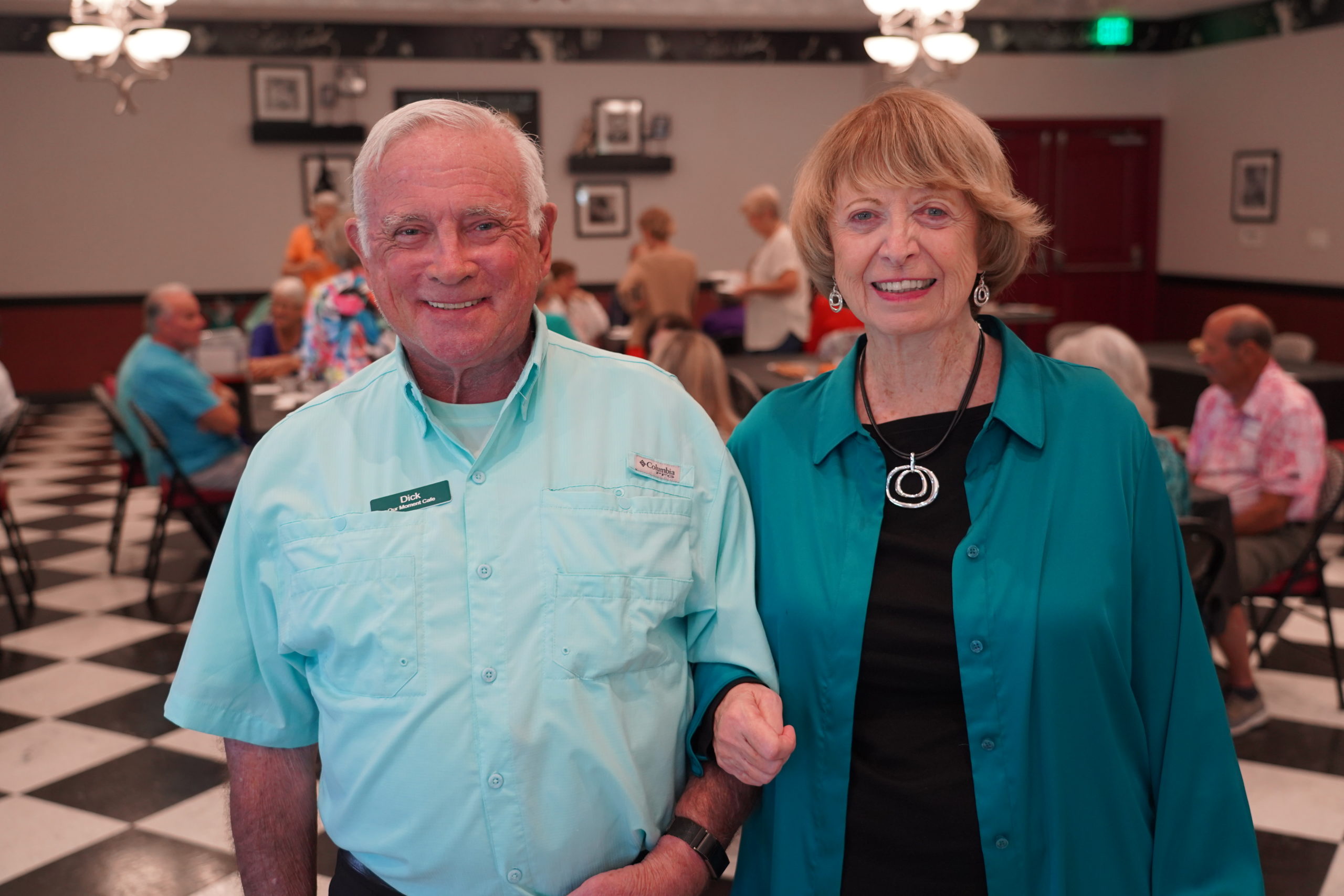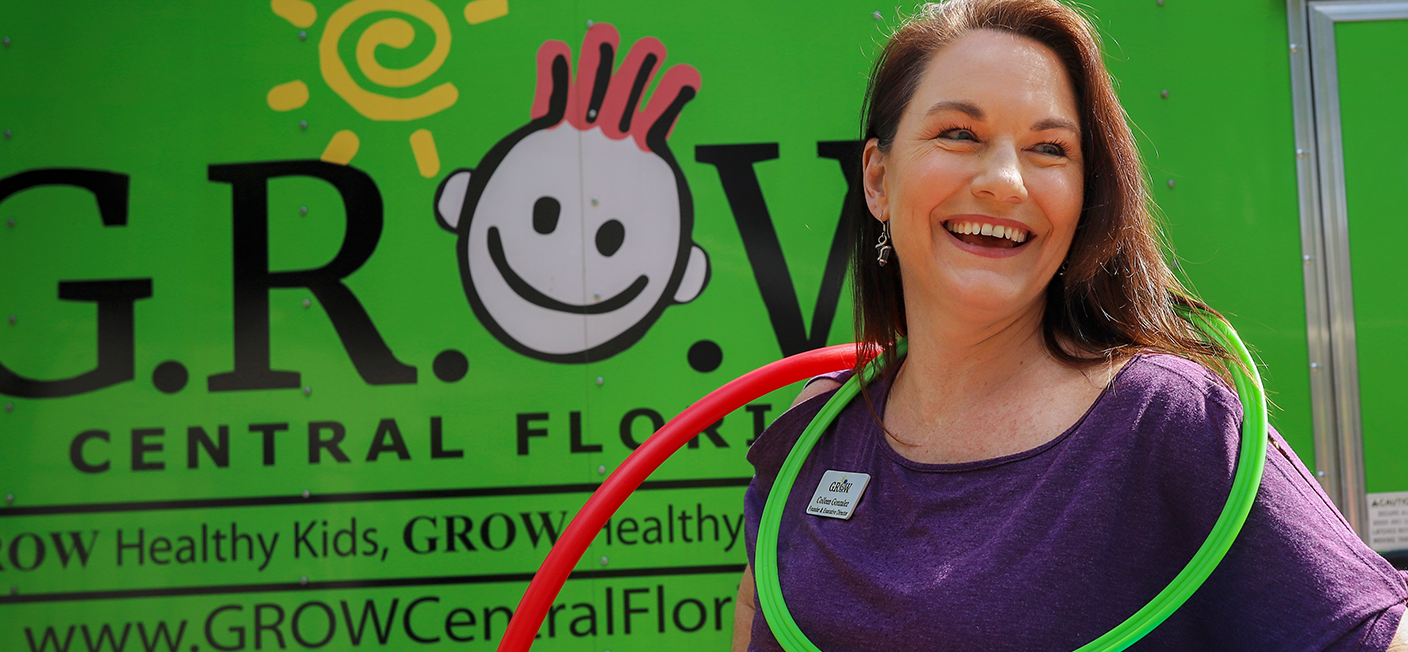Dr. Sylvia Earle fell in love with the ocean splashing in the Gulf of Mexico near her hometown of Dunedin, Florida. As a college student at Florida State University, she logged the first of her over 7500 hours underwater. Now in her 80s, Earle is more committed than ever to continuing her mission to explore and protect the ocean.
“I am asked sometimes, ‘Well, when are you going to retire?’ Earle said. “I say, ‘Why would I? I love what I’m doing and I feel good.’ Retire to what? Getting new tires so that I can keep going? That’s what I need.”
The accolades Earle has earned are distinguished and numerous: named a Living Legend by the Library of Congress; TIME magazine’s first “Hero for the Planet;” a National Geographic Society Hubbard Medal winner; and the first woman named as chief scientist for the U.S. National Oceanic and Atmospheric Administration (NOAA). In 1970 Earle led the first all-female team of “Aquanauts,” who lived in an underwater habitat off the island of St. John in the U.S. Virgin Islands. Two weeks of living underwater changed the way she looked at fish and other ocean wildlife and cemented her life’s work.
Over five decades later, she’s not resting on her vast accomplishments. In 2008 Earle, nicknamed “Her Deepness,” founded the nonprofit Mission Blue to inspire public awareness and support for a worldwide network of marine protected areas, with the goal of restoring the ocean. The ocean is clearly Earle’s passion, but she believes that whatever inspires us individually, there is so much for each of us to do, regardless of age.
“In my lifetime, I’ve been a witness to the greatest era of discovery and learning so far. When I was a child, no one had been to the moon. No one had been to the deepest part of the sea. No one really knew about our internal biome.
“Now we know. We can do something about things that we understand. But there’s so much more that we have to really grasp about how the world functions,” Earle continued. “We know enough to know we have to take care of the natural systems. We’ve learned so much, but we’ve also, in my lifetime, lost more of the natural world than during any time in history. So, we’re at this turning point. Aren’t you glad to be alive now?”
“I’m going to make the best use of whatever time I’ve got. I have expeditions planned for the coming 10 years. 10 years, which is a nice chunk of time to anticipate.
“But if you get locked into thinking, ‘I can’t do this because,’ — whatever that because is — ‘I’m too tall, I’m too short. I’m too old. I’m too young,’ you just get held back. I don’t want to be held back. I just want to keep going.”
Watch her interview above from a recent episode of What’s Next. Want more? Watch the full episode.
This article is featured in the Spring 2023 issue of The Growing Bolder Digital Digest.


